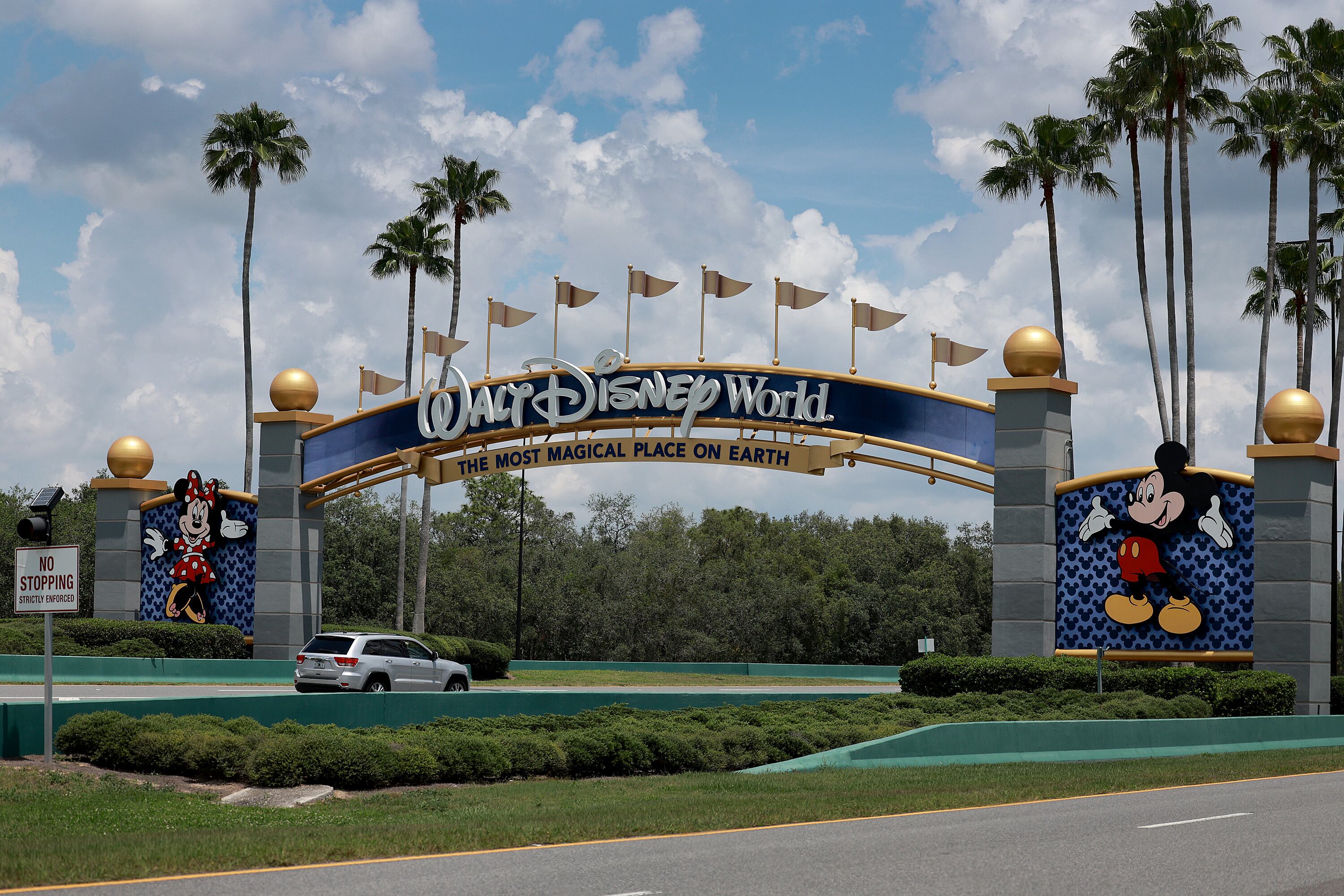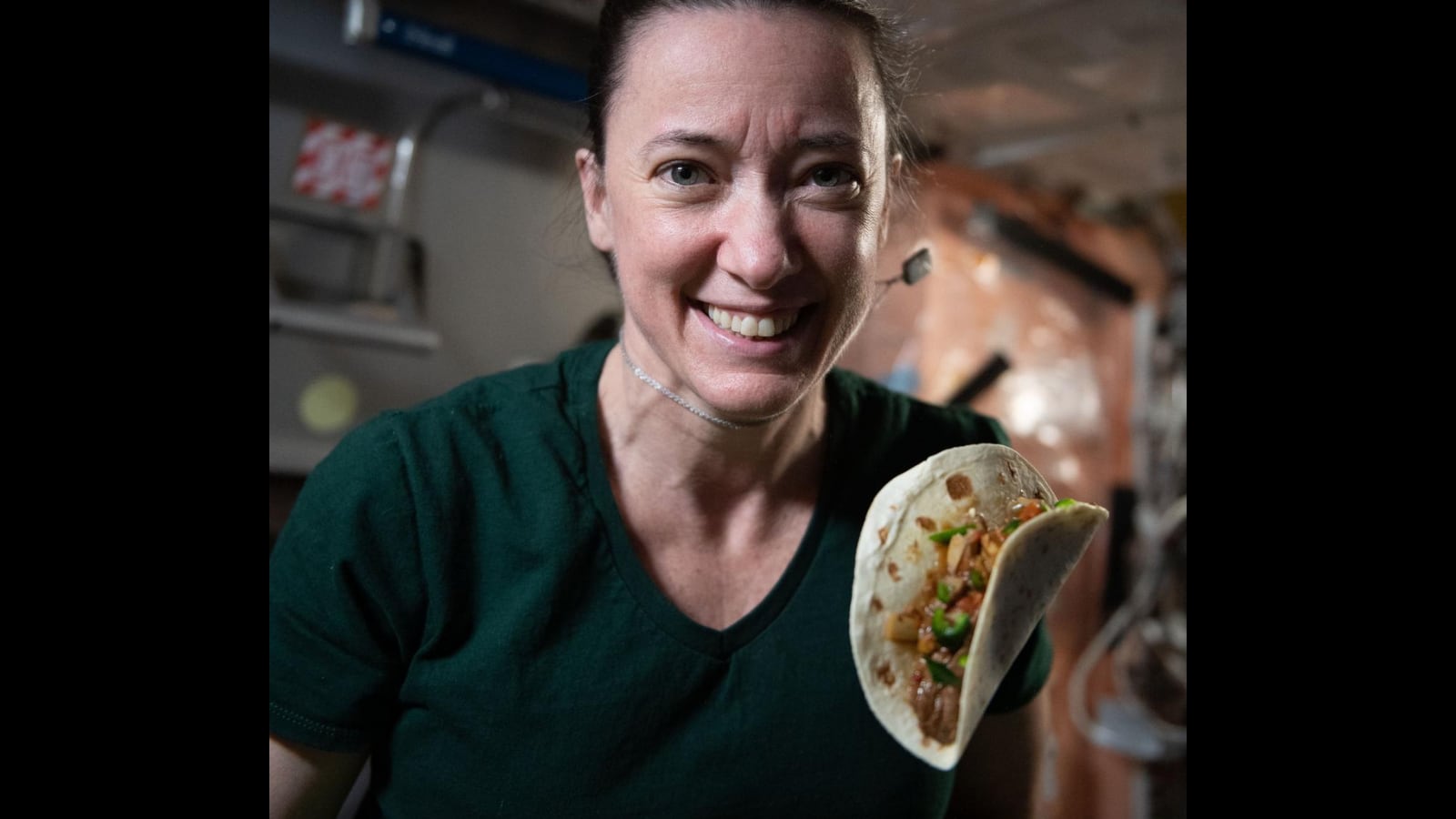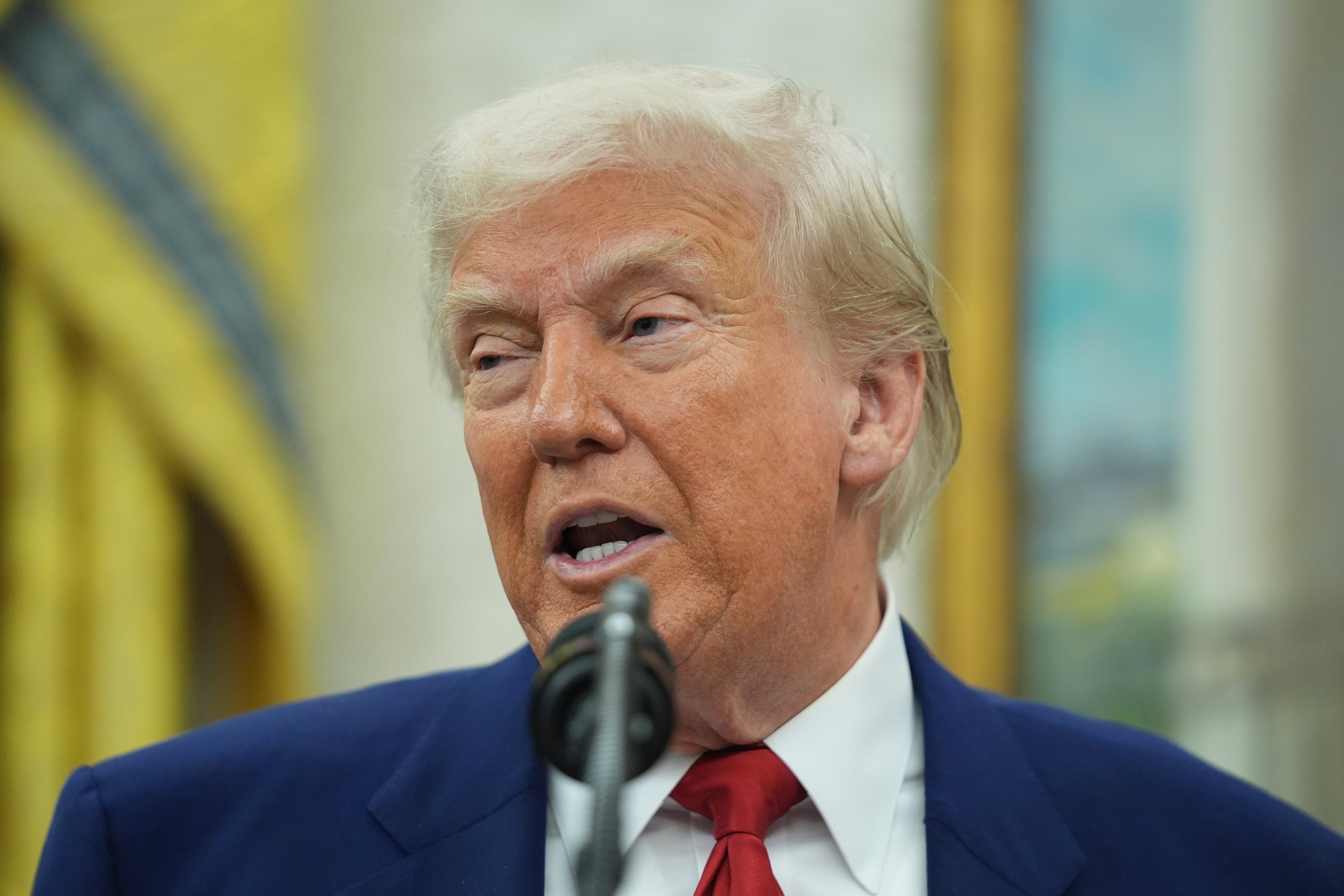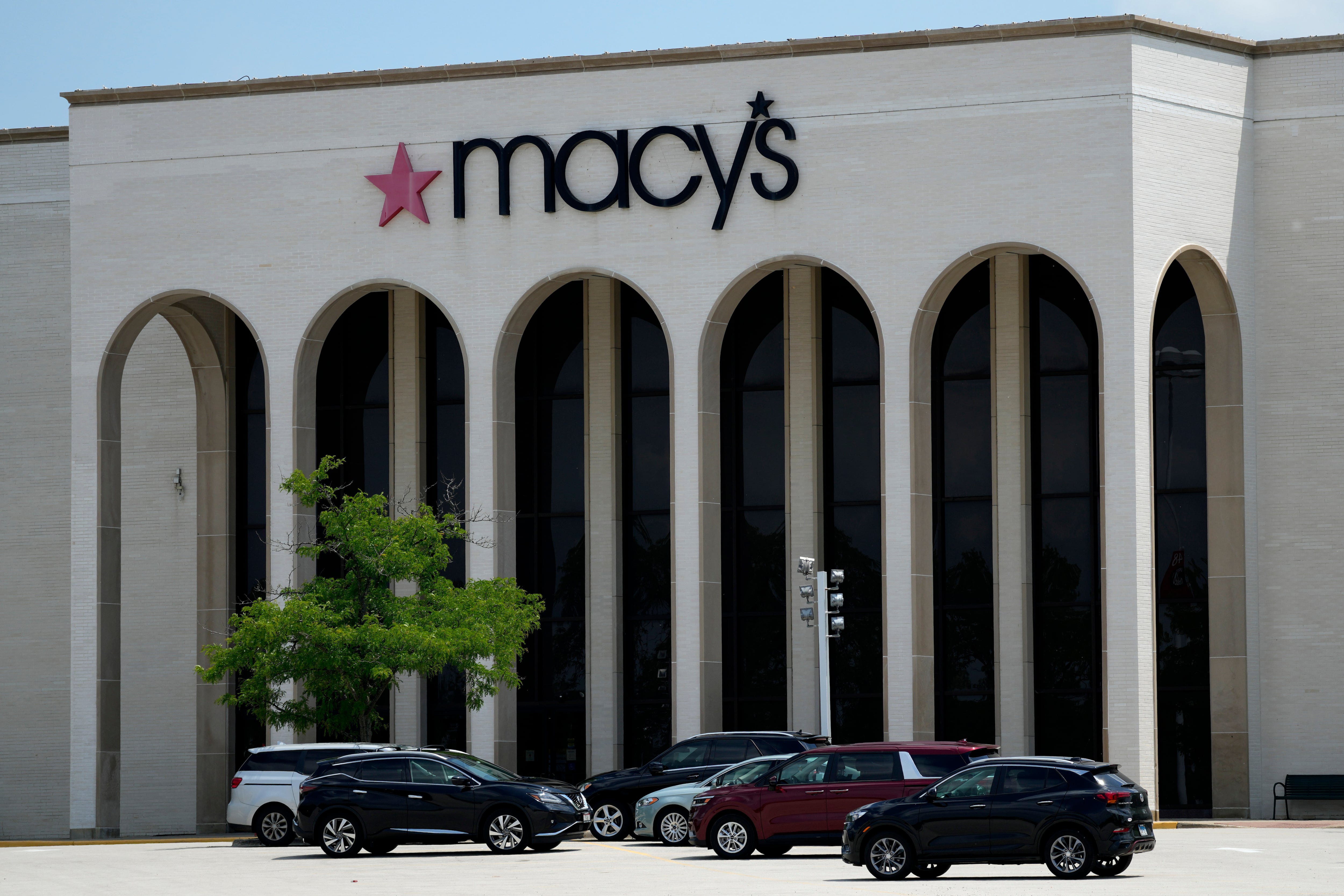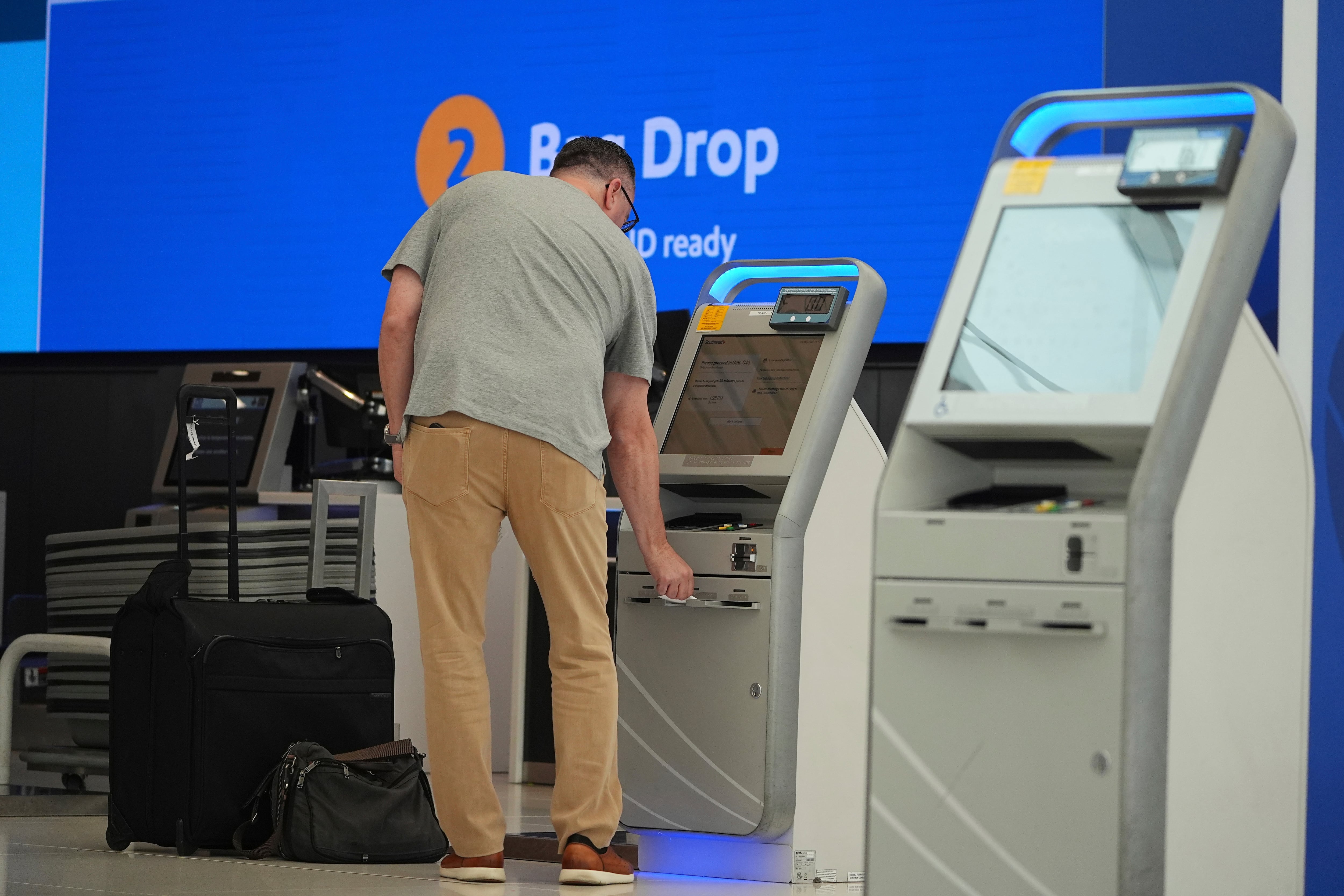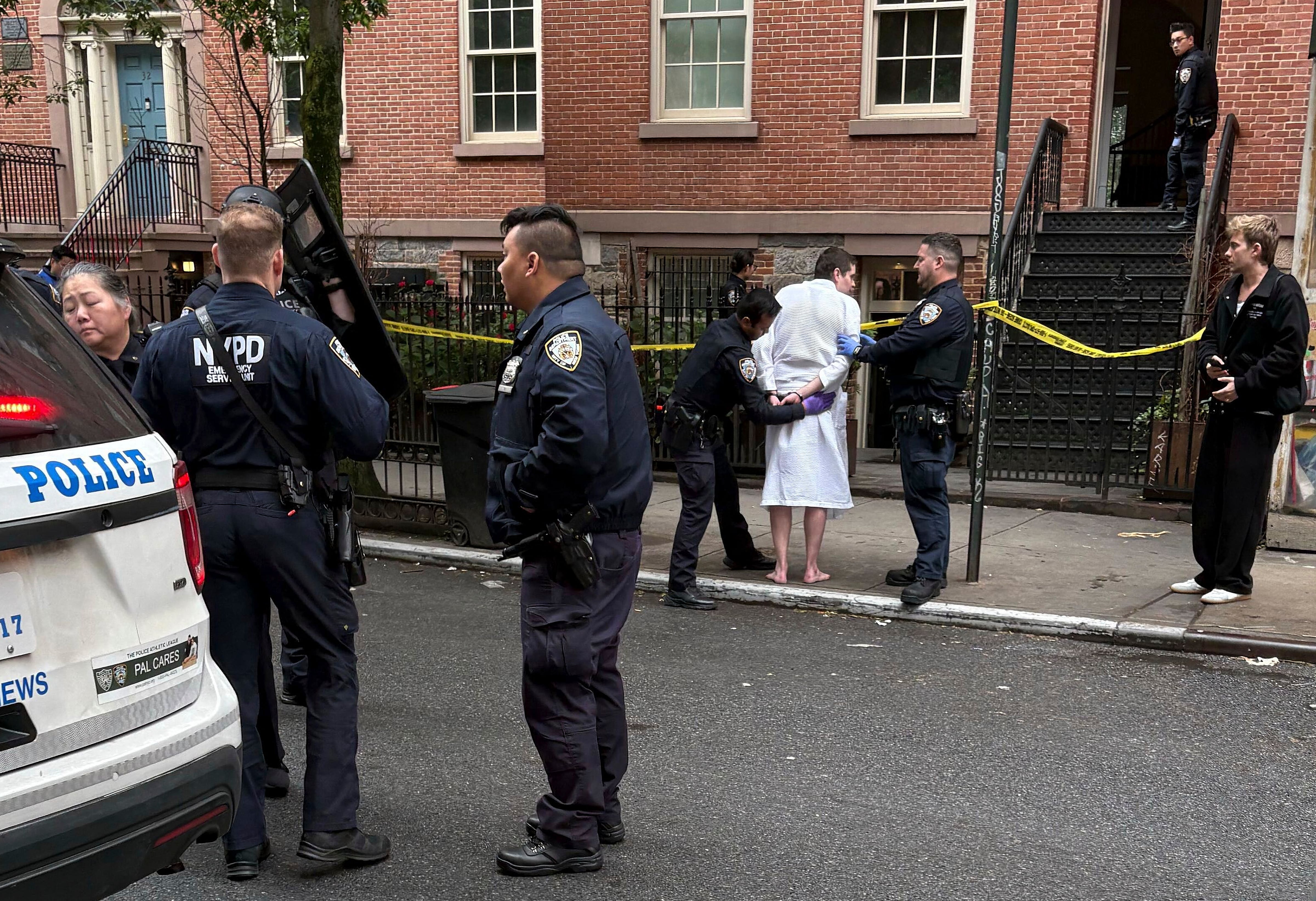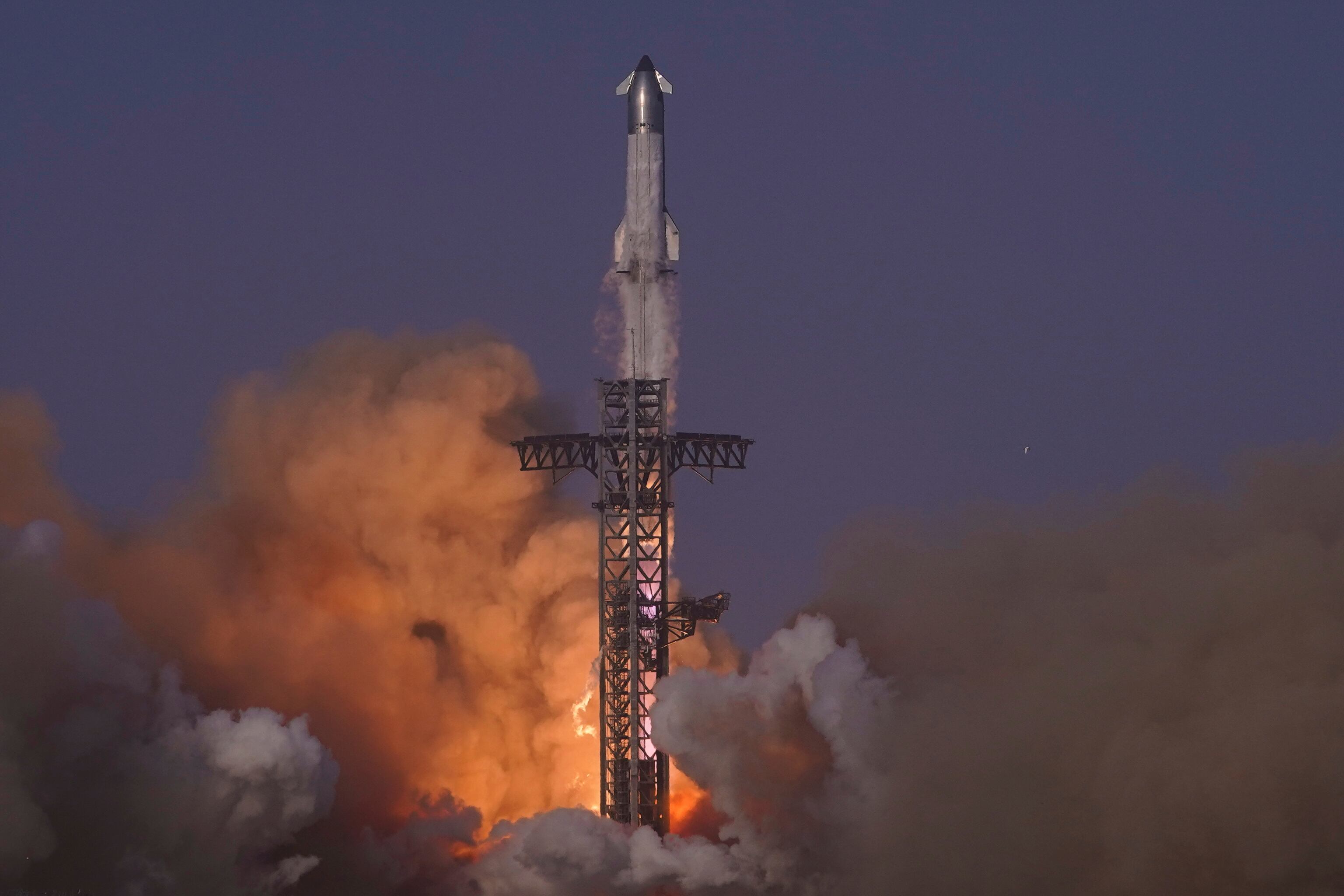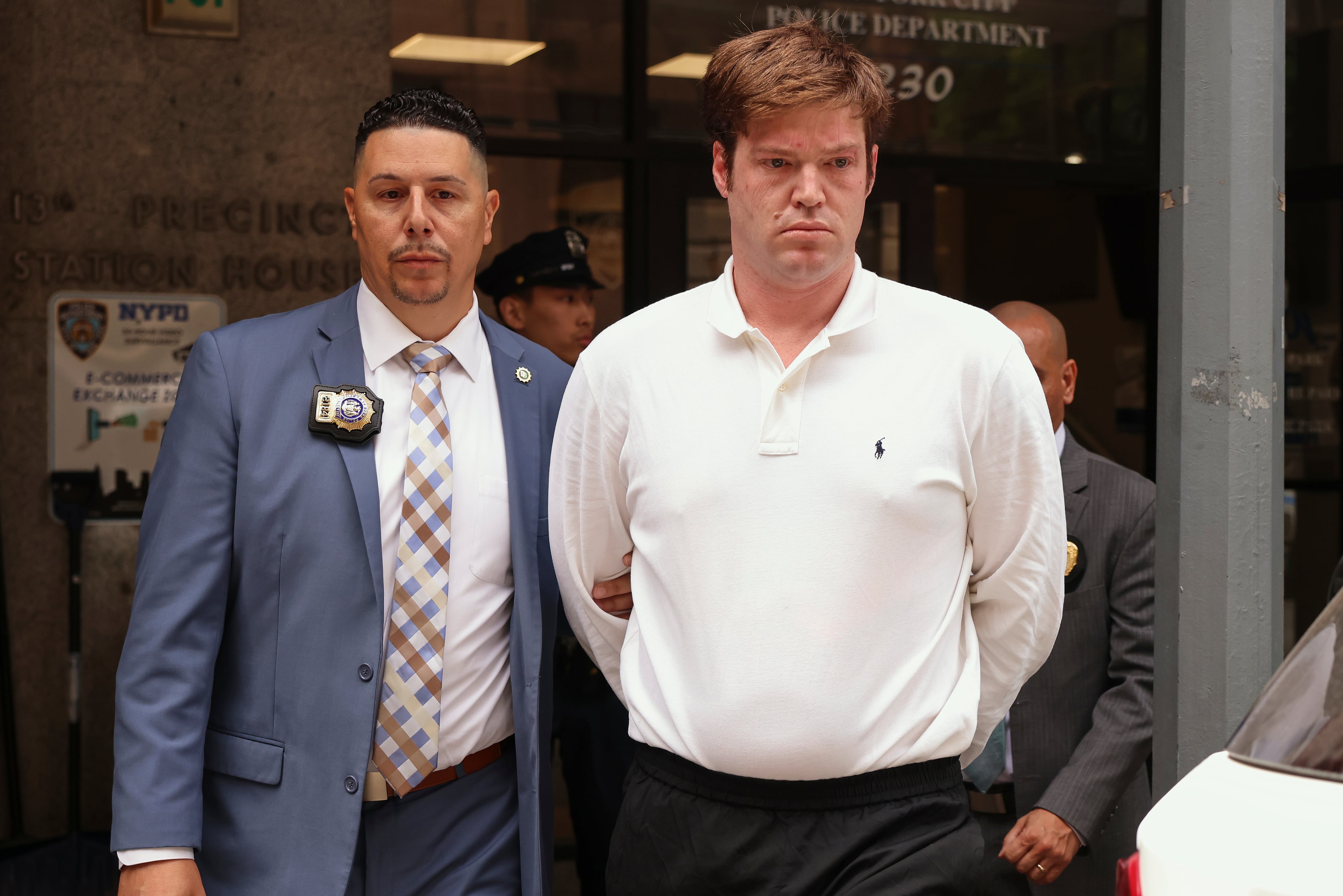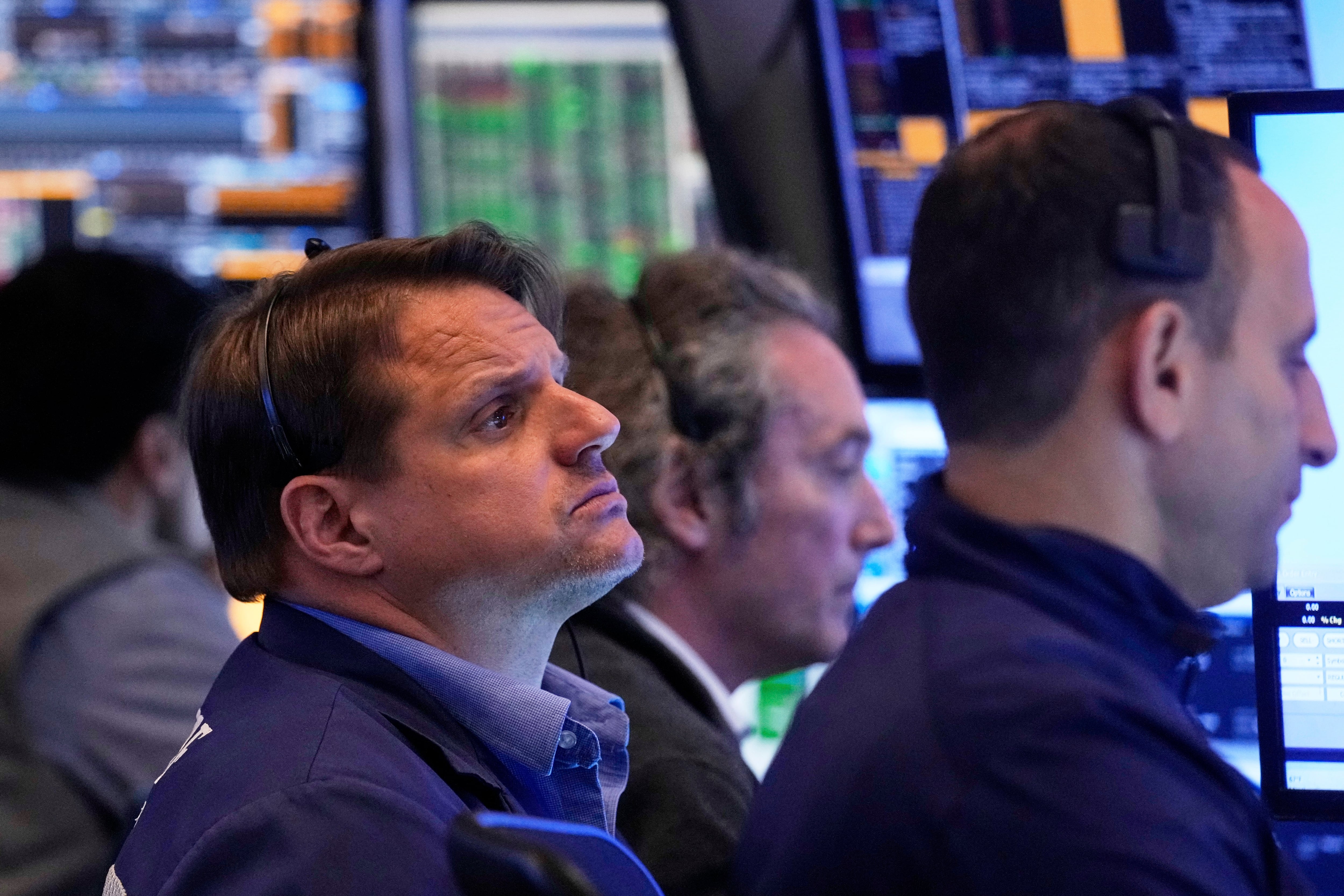Disney wants to keep confidential any proprietary information or trade secrets that comes out of its state court fight with Gov. Ron DeSantis' appointees over who controls the governing district at Walt Disney World.
The entertainment giant asked a state court judge on Friday for a protective order allowing it to designate documents and depositions as confidential and requiring parties handling them to sign a nondisclosure agreement.
The litigation is likely going to involve the disclosure of trade secrets, as well as technical, financial and personal information, which could result in “significant harm” if they are made public, Disney said in its request. The request was unopposed by the DeSantis appointees.
Disney supporters had run the district, which provides municipal services such as firefighting, planning and mosquito control, for more than five decades after the Legislature created it in 1967. But legislation passed by the Republican-controlled Legislature and signed by DeSantis transferred control of the district's board from Disney supporters to DeSantis appointees last year.
Disney said it was in retaliation for the company publicly opposing the state’s “Don’t Say Gay” law. The 2022 law banned classroom lessons on sexual orientation and gender identity in early grades and was championed by DeSantis, who had used Disney as a punching bag in speeches on the campaign trail until he recently suspended his campaign for the 2024 GOP presidential nomination.
Before control of the district changed hands from Disney allies to DeSantis appointees early last year, the Disney supporters on its board signed agreements with Disney shifting control over design and construction at Disney World to the company. The new DeSantis appointees claimed the “eleventh-hour deals” neutered their powers, and the district sued the company in state court in Orlando to have the contracts voided.
Disney has filed counterclaims that include asking the state court to declare the agreements valid and enforceable.
Separately, Disney had a filed a federal lawsuit against DeSantis and his appointees, claiming the company's free speech rights were violated. A federal judge in Tallahassee last week dismissed the lawsuit, saying Disney lacked standing in its claims against DeSantis and its claim against the DeSantis appointees lacked merit.
Disney is appealing the ruling.
